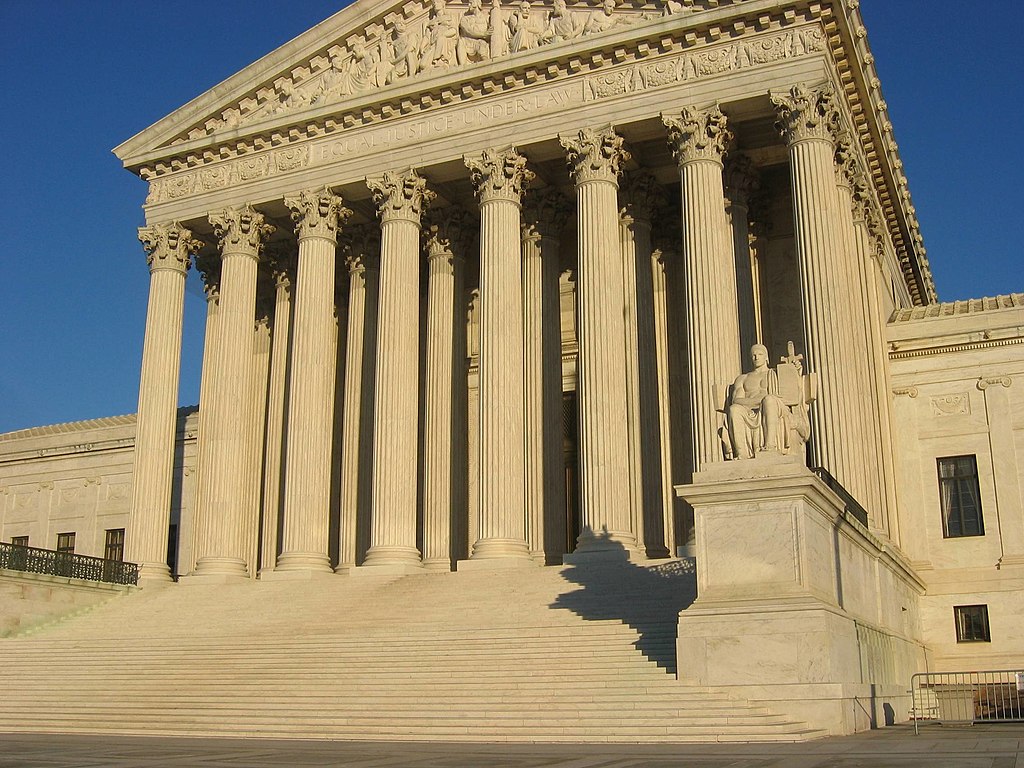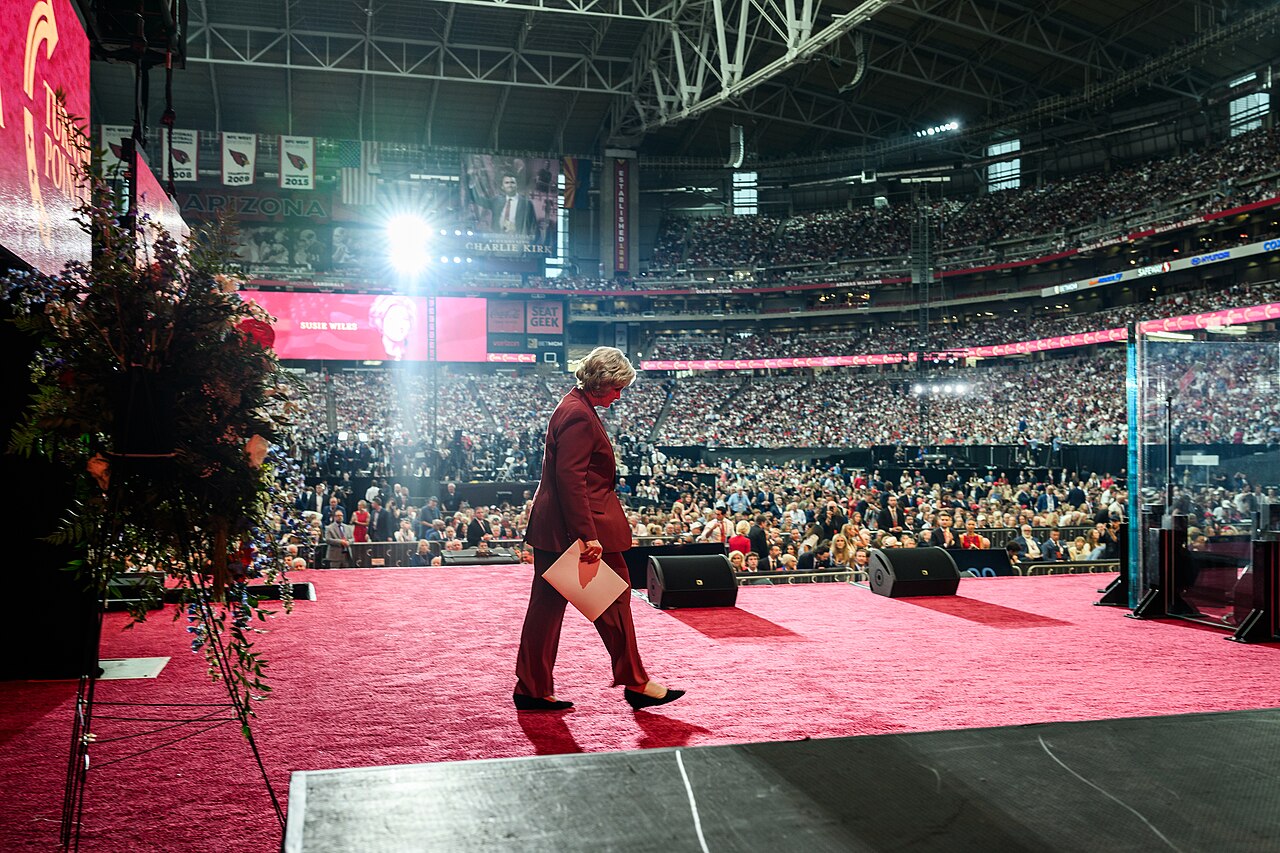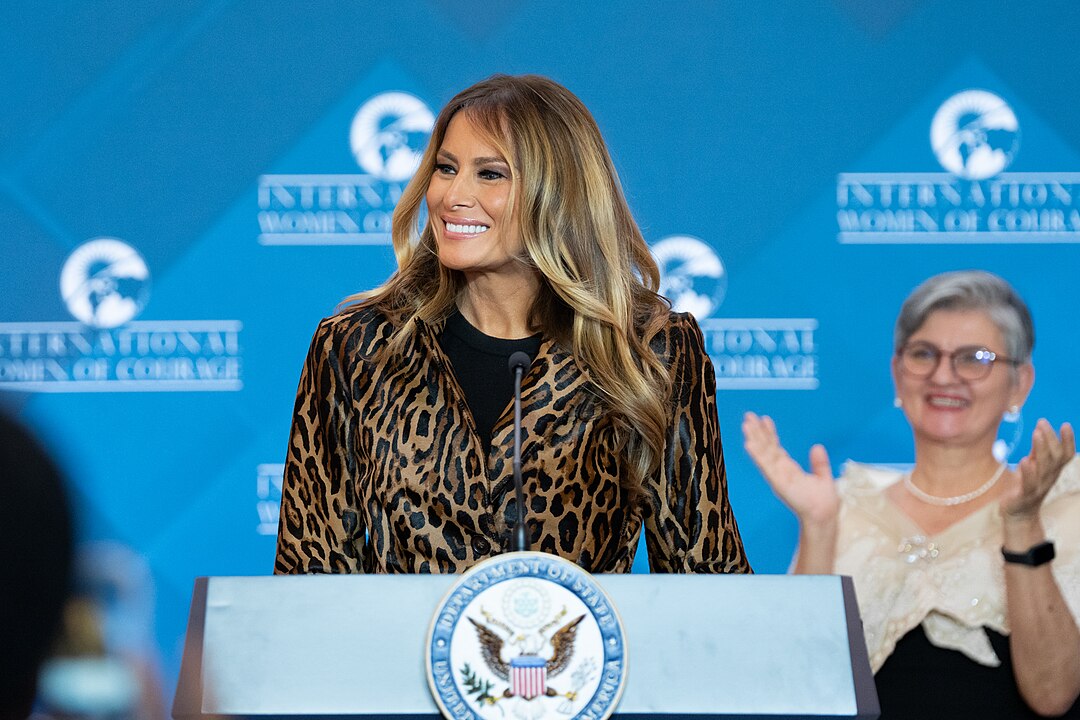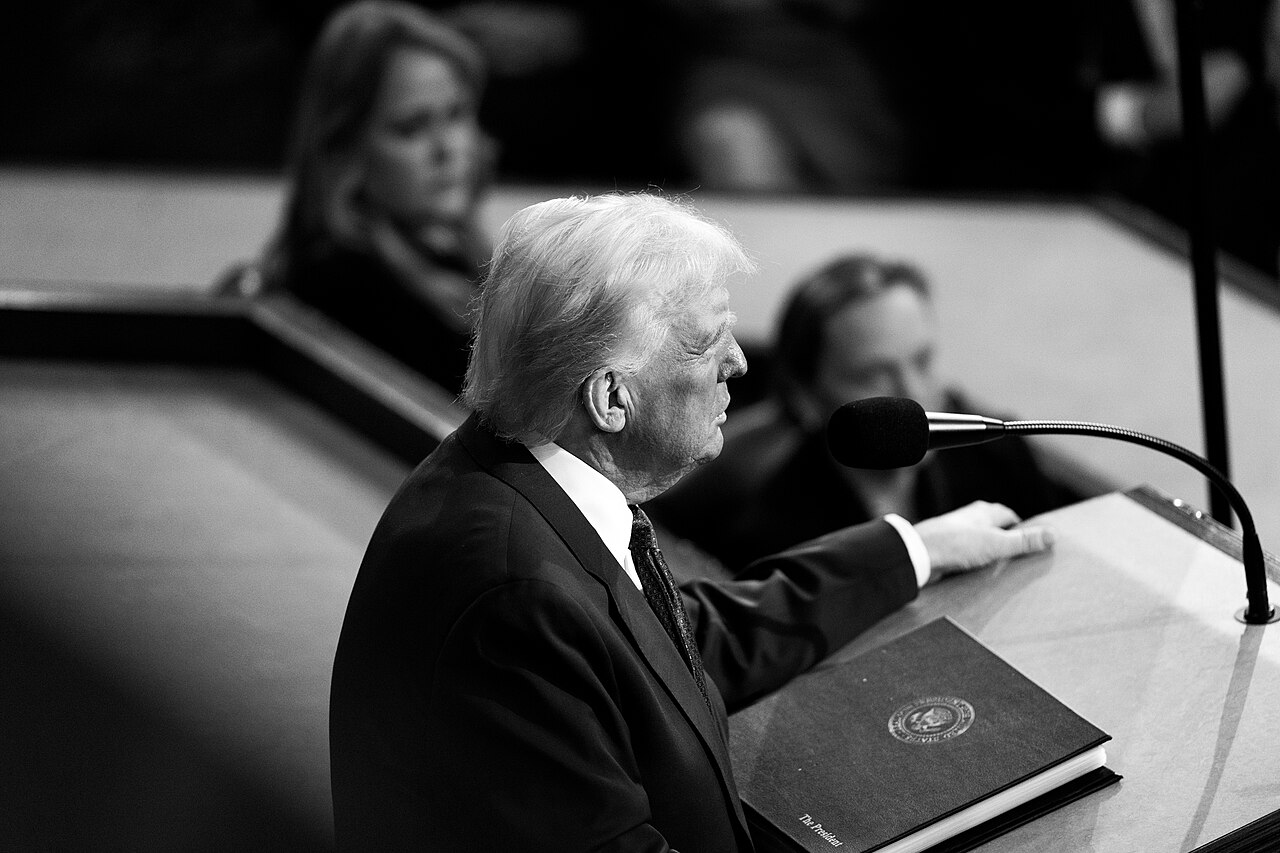The Supreme Court on Wednesday will take up a high-stakes case that could determine whether President Donald Trump can continue using emergency powers to protect American workers and industries from what he calls decades of unfair trade practices.
At the heart of the dispute is Trump’s use of the International Emergency Economic Powers Act (IEEPA) — a law originally designed to let presidents respond to extraordinary foreign threats — to impose tariffs that level the playing field for U.S. businesses. In April, Trump invoked the law to announce a 10% global tariff and later introduced “reciprocal tariffs” on nearly 50 countries that maintain steep barriers against American goods.
Trump has argued that massive and persistent trade deficits constitute “the precipice of an economic and national-security crisis,” giving him authority to act swiftly in defense of the nation’s economic interests.
“Tomorrow’s United States Supreme Court case is, literally, LIFE OR DEATH for our country,” Trump wrote on social media Tuesday night. “Without it, the U.S. is virtually defenseless against other countries who have, for years, taken advantage of us.”
The two consolidated cases — Learning Resources, Inc. v. Trump and Trump v. V.O.S. Selections — mark the first major test of Trump’s second-term economic policies before the nation’s highest court. Unlike prior disputes handled through the so-called “shadow docket,” the justices this time will fully weigh the merits of Trump’s strategy to use emergency powers to defend America’s trade position.
Administration lawyers have told lower courts that IEEPA allows the president to respond to ‘unusual and extraordinary threats’ once a national emergency is declared. Trump’s team maintains that sustained trade deficits — which hollow out American manufacturing and jobs — qualify as such a threat.
Opponents, including Democratic-led states and some import-heavy businesses, argue that Trump’s actions stretch the law beyond its intent. They claim no president has ever used IEEPA to impose tariffs and warn it could expand executive authority too far.
But in a world of aggressive foreign competitors and economic warfare, the administration says handcuffing the president would leave the U.S. dangerously exposed. The Justice Department warned that blocking Trump’s tariffs would “expose our nation to trade retaliation without effective defenses.”
U.S. Solicitor General D. John Sauer wrote that nullifying the tariffs could have “catastrophic consequences” for national security and global supply chains.
For Trump’s allies, this case is about more than economics — it’s about restoring America’s right to self-defense in trade policy. They argue that for too long, Washington’s establishment and global institutions have ceded economic control to foreign interests, allowing jobs and industries to be shipped overseas.
Still, even some constitutional scholars see broader implications. “Ultimately, this is a separation of powers issue,” said Jeffrey Schwab, senior counsel for the Liberty Justice Center and one of the attorneys representing the plaintiffs.
“It’s not about this president,” Schwab explained. “It’s about all presidents and the power that they have under the Constitution, and the powers that they don’t have under the Constitution, and whether Congress can delegate those powers — and, if it does, how broad can those powers be?”
He added a warning that transcends partisanship: “Everybody should be concerned about that. Because even if you like what the president is doing now, you might not like what a future president does with the same power.”




